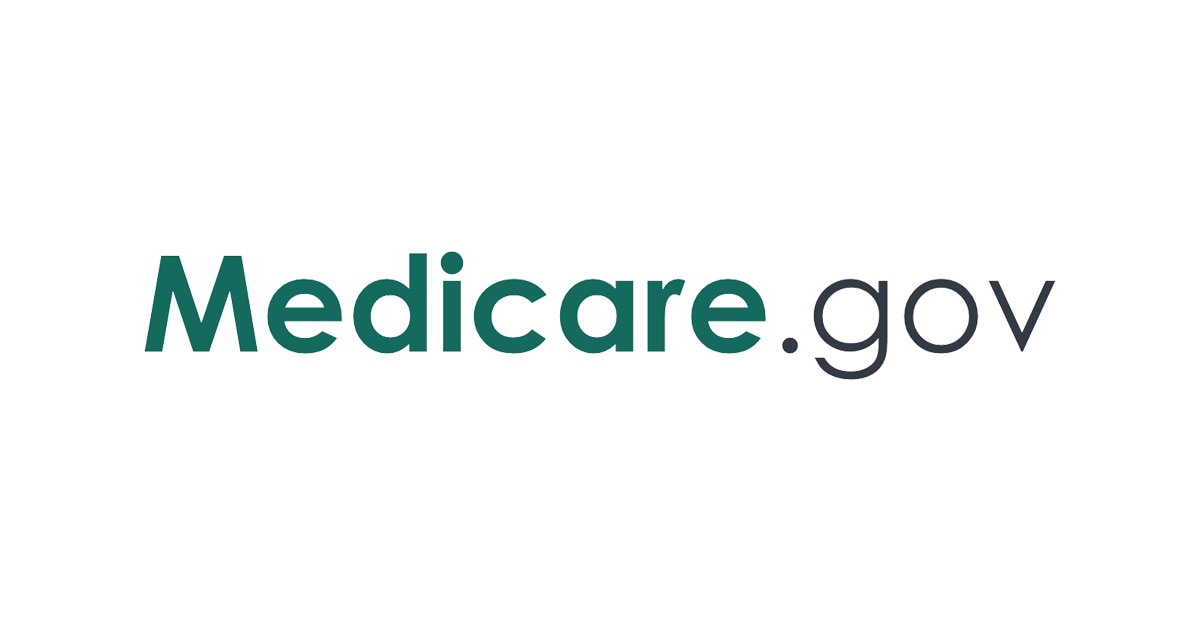- Joined
- Aug 10, 2013
- Messages
- 25,450
- Reaction score
- 32,403
- Location
- Cambridge, MA
- Gender
- Male
- Political Leaning
- Slightly Liberal
The approach pioneered in Massachusetts over the past decade or so has been slowly spreading to more states, and now California takes it the furthest of any state yet. Will it work for them? TBD, but the article is a good look at what they're doing and why.
California’s cap on health care costs is the nation’s strongest. But will patients notice?
Related, on the experience of other states:
In States With Health Care Spending Targets, Spending Growth Moderated In 2022 But Still Exceeded Targets
California’s cap on health care costs is the nation’s strongest. But will patients notice?
California is moving to address their needs with a new cap on health care cost increases that experts consider to be the most aggressive in the nation. The cap does not mean that bills that patients such as Villegas and Rodrigeuz-Hernandez are charged would go down. It aims to limit how much consumers pay over time by first constraining how much the health care industry spends. Research suggests up to 30% of health spending is wasted on overtreatment and administrative inefficiencies.
By 2029, California hospitals, doctors and insurers cannot increase spending by more than 3% annually. This means they will need to find ways to cut costs to keep from exceeding the target. If they do exceed it, state regulators with the Office of Health Care Affordability have the authority to levy fines and other penalties “commensurate with the failure of the health care entity to meet the target,” according to state law. The law also has guardrails preventing health care entities from saving money by reducing services.
The cap, which was set in April, is modeled on the work of eight other states, including Massachusetts, that have tried to curtail runaway health spending. California went further by allowing the state to compel public testimony from health care facilities, require performance improvement plans and impose unlimited financial penalties on businesses that exceed the cost cap.
Related, on the experience of other states:
In States With Health Care Spending Targets, Spending Growth Moderated In 2022 But Still Exceeded Targets


